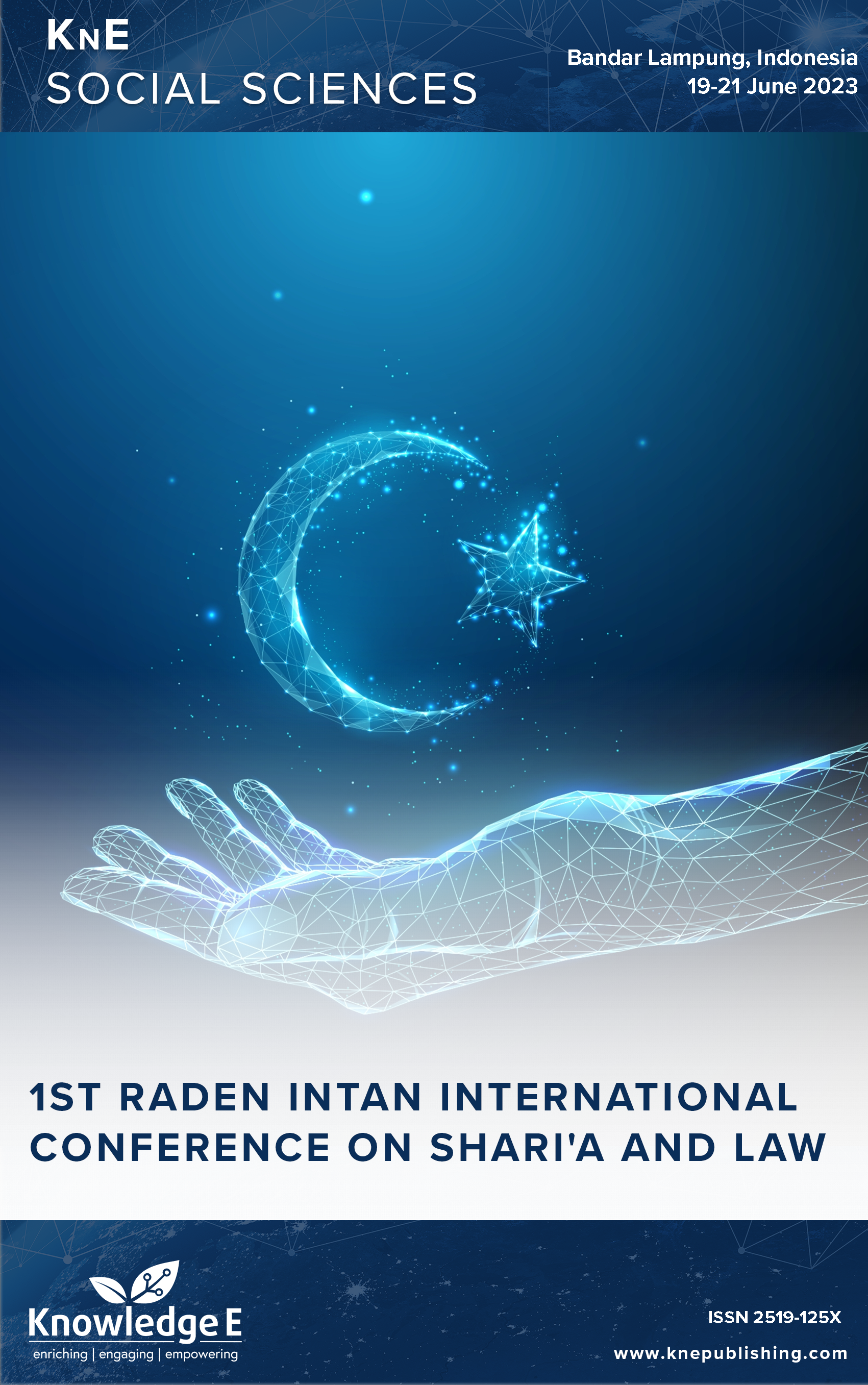Muzakki Preference Analysis to Pay Zakat Through Traditional Zakat Institutions in the 5.0 Era
DOI:
https://doi.org/10.18502/kss.v9i2.15016Abstract
Based on BAZNAS data, the collection of zakat funds in 2019 reached Rp. 10,227,943,806,555. This amount is still not comparable to Indonesia’s zakat potential in 2019 which reached Rp. 233.8 trillion. The wide disparity between collection and the potential for zakat funds is a “homework” for the BAZNAS function. In addition, it also demands the need to improve the performance of BAZNAS in carrying out its institutional functional responsibilities. The method used in this research is qualitative. The research used in this includes field research. The study suggests that traditional zakat institutions could be a viable option for the community to distribute zakat. However, these institutions need to obtain a decision letter from the authorities as legal proof for collecting and distributing zakat to muzakki. So, if the community chooses to distribute their zakat to mosques, it is recommended that the mosque has been registered as UPZ as an extension of BAZNAS in the community so that in paying zakat the community does not violate existing regulations. Regulating the people is one of the maslahah dharuri that must be fulfilled. The government is realized to fulfill the world’s maslahah for its people, so the afterlife mashlahah will not be realized if the world’s maslahah is not fulfilled, with the promulgation of Law No. 23 of 2011 concerning zakat management, which in the law is regulated by BAZNAS as a traditional zakat management institution. So, the obligation of every Muslim to pay zakat should be channelled through BAZNAS as the national zakat institution.
Keywords: zakat, BAZNAS, regulations
References
Qadariah Barkah, Fikih Zakat, Wakaf, dan Sedekah,Jakarta: Prenada Media,2020.
Asnaini ,Zakat Produktif Dalam Perspektif Hukum Islam,Yogyakarta;Pustaka Pelajar,2008.
Siti Zumratun, “Peluang, Tantangan, dan Strategi Zakat dalam Pemberdayaan Ekonomi Umat”, Jurnal Hukum Islam, Vol. 14, No. 1, Juni 2016. DOI: https://doi.org/10.15408/ajis.v16i1.2899
Muhammad Arifin Purwakananta, “Kredibilitas Menjadi Kunci Kesuksesan Lembaga Zakat”, Buletin Ekonomi Syariah : Insight, Edisi Ketiga, Agustus 2019.
Data diperoleh dari website resmi PPID BAZNAS RI di https://pid/baznas.go.id/statistik/ diakses pada tanggal 1 oktober 2021
Siti Aminah Chaniago, Pemberdayaan Zakat Dalam Mengentaskan Kemiskinan, Jurnal Hukum Islam ( JHI), Volume 13, Nomor 1, Juni 2015. DOI: https://doi.org/10.28918/jhi.v13i1.495
Siti Lestari,Analisis Pengelolaan Zakat Produktif Untuk Pemberdayaan Ekonomi (Studi Kasus Pada Badan Amil Zakat Nasional Kabupaten Kendal,Skripsi. Program Sarjana Dalam Ilmu Hukum Universitas Islam Negri Sunan Kalijaga Yogyakarta).
Budi Prayitno, Optimalisasi Pengelolaan Zakat Pada Badan Amil Zakat Daerah (Tinjauan Badan Amil Zakat Daerah Kabupaten Muna Propinsi Sulawesi Tenggara,Tesis. Program Magister Dalam Ilmu Hukum Universitas Diponegoro Semarang)

